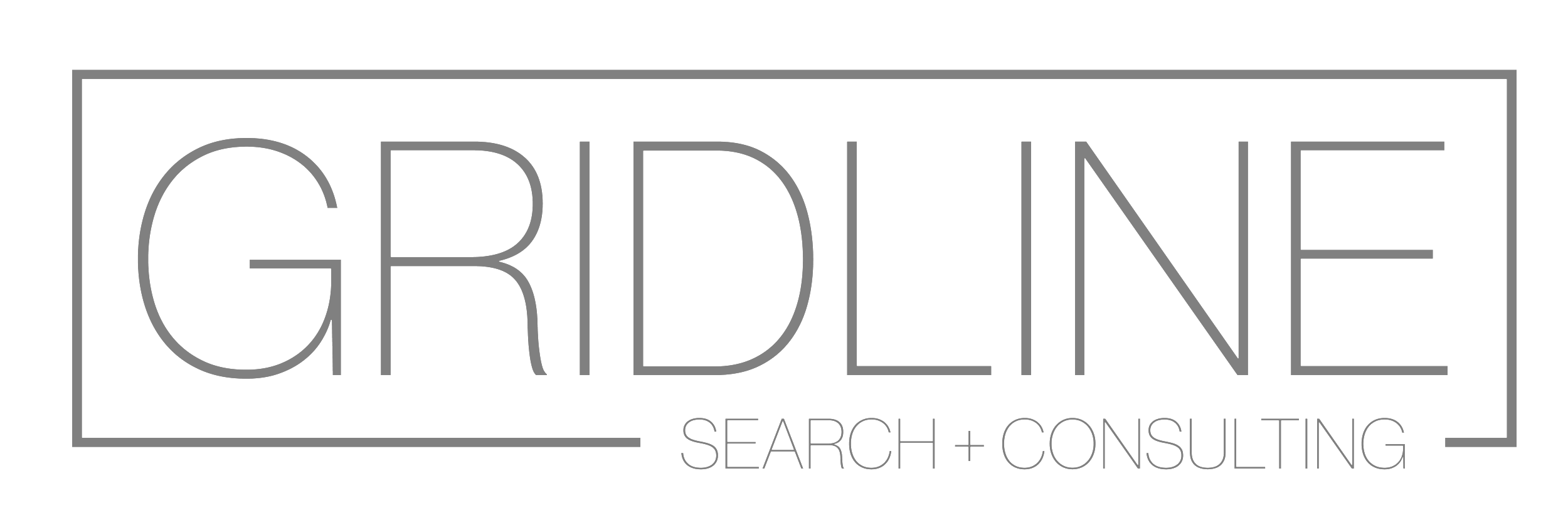Recently, a lateral associate candidate that is thinking about a strategic firm move sometime this year asked if I could send them a timeline for the recruiting process. They wanted to know each step of the way: what happens first, what happens last and what happens in between. Our conversation made me realize that this type of information could be helpful for any associate considering a lateral move.
If this is your first time moving to another law firm since OCI, you're unlikely to know all the steps in a lateral recruiting process.
Here is a typical timeline for making a lateral associate move:
1. You and your recruiter have an introductory conversation (by phone, over Zoom or in-person) about goals and objectives. Why do you want to move? Do you want to relocate or have more remote flexibility? What is your practice experience? What are your practice goals? What are your advancement goals? It's important to be as honest as possible in this conversation. Your recruiter should be able to give you some initial information on the state of the market and what firm opportunities are out there.
2. From this conversation, your recruiter should be able to create a list of opportunities that match your goals. For my candidates, I usually develop this list in a shareable spreadsheet that includes important pieces of information related to the candidate goals (see my previous piece on data that recruiters should provide).
3. Once you have discussed opportunities, your recruiter will submit your resume and unofficial law transcript to firms of your choosing. (If necessary, the recruiter may assist with the preparation of a formal cover letter requested for the position.)
4. The recruiter will then keep you updated on any word back from the firm(s). I will usually do a check-in with a firm if I hear nothing after a week. It could take up to a couple of weeks to hear something back from a potential firm employer. Once it gets past a couple of weeks, it's usually a "pass," but not always.
5. If a firm is interested, they will likely set up a screening interview. This is usually with a partner in the group, sometimes two. It takes 30-60 minutes. Since the start of the pandemic, all of these screening interviews have been remote by videoconference. It's possible now that some firms may ask for an in-person screening interview.
4. If the firm remains interested after the screener, they will invite for a full round of interviews. As of the writing of this article, firms are still doing this round of interviews over Zoom/video. This full round is usually with a mix of partners and associates over the course of 2-3 hours. Sometimes the full round of interviews is with all partners and they save associates for another "fit-based" round.
5. If the interview rounds are complete and a firm wants to extend an offer, they will do so by phone first and then follow up with a written offer letter. The offer will typically be open for 2 weeks. If there are any points in the offer that you wish to negotiate, you and your recruiter will discuss and do that during this period.
6. If you accept an offer with a firm, you do so in written form by email. You then complete and submit a background check form / employment application and a conflicts form.
7. Once you have background check and conflicts clearance, (usually around 2 weeks after you submit these form), you then provide notice to your current firm.
8. Once you know your last day with that firm, you set up a mutually agreed upon start date with the new firm.
The total timeframe of the lateral associate hiring process is very specific to an individual. But at a minimum, it takes at least 6 weeks from submission of a candidate to start date at a new firm. There is flexibility in this timeline for associates to control the timing of the process. Make sure to discuss this with your recruiter in more specificity before you get started with submissions and interviews.




















